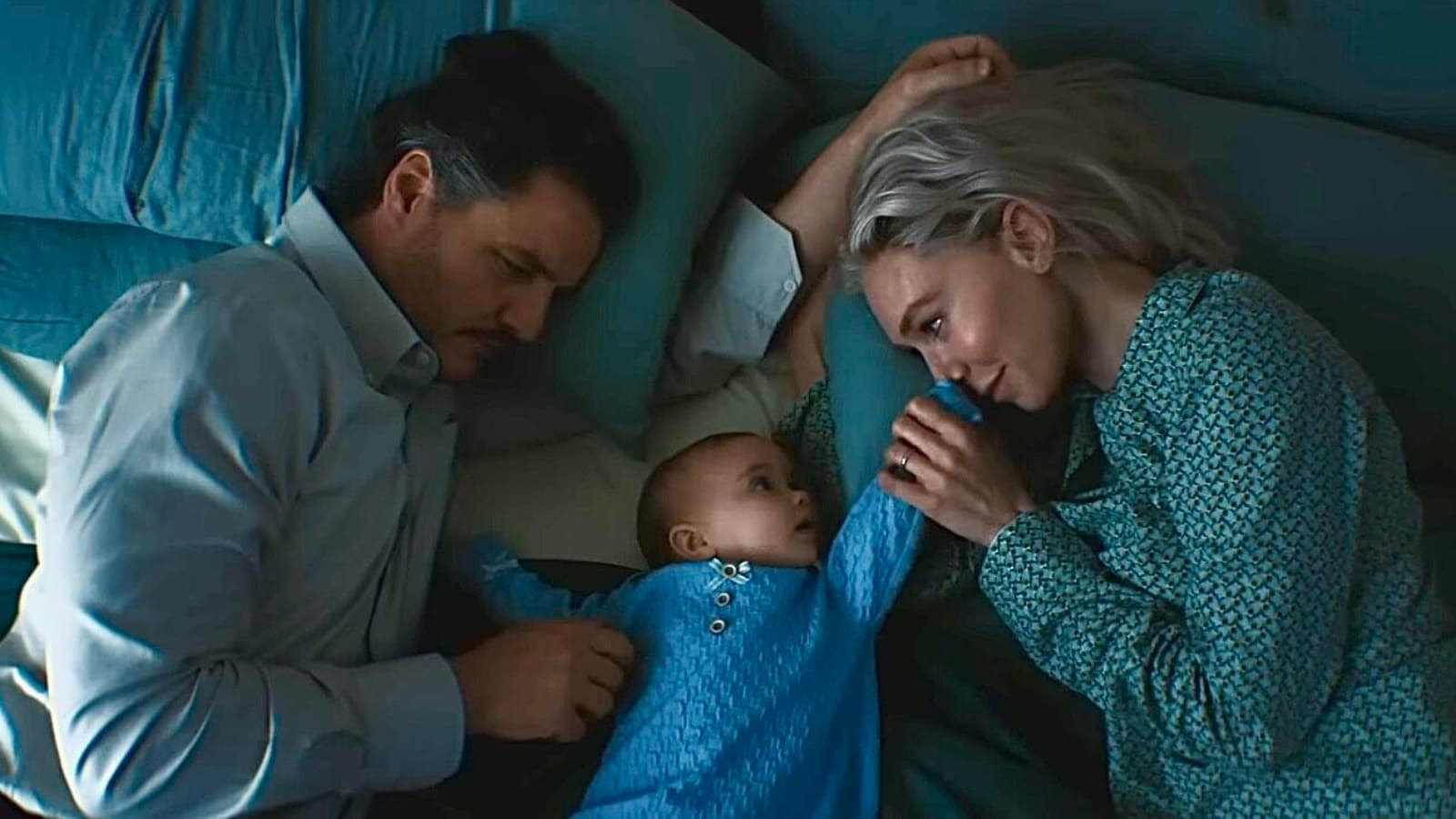Final hours of Pope Francis: Doctor reveals peaceful death after major stroke
Pope Francis died peacefully at the Vatican on Monday morning following a massive stroke that left him unresponsive, his personal physician confirmed. In accordance with his standing end-of-life directives, the pontiff declined extreme medical intervention and was not transported to a hospital.
Pope Francis holds the Holy Cross during the Celebration of the Lord's Passion at St. Peter's Basilica in Vatican City in 2015.
Franco Origlia/Getty Images
Dr. Sergio Alfieri, a surgeon at Rome’s Gemelli Hospital who oversaw Pope Francis’s treatment during a previous hospitalization, responded to the emergency call at 5:45 a.m. at the pope’s residence, Casa Santa Marta. By the time Alfieri arrived, Francis was comatose and unresponsive to all stimuli.
“He died without suffering, at home,” Alfieri told La Repubblica in an interview published Thursday. “There was nothing left to do.”
The pope had awakened around 5 a.m. to drink water before quietly collapsing back into bed. A nurse noticed he was unresponsive, prompting Massimiliano Strappetti, the pope’s personal medical assistant, to alert Alfieri.
Despite breathing normally and having open eyes, Francis did not respond to painful stimuli or verbal cues. Alfieri determined he had fallen into a deep coma caused by a catastrophic stroke that, he said, “in an hour, carries you away.”
Francis, 88, had previously instructed his medical team to avoid life-prolonging measures in such circumstances. “He asked us to avoid overtreatment,” Alfieri said. “If he had lost consciousness, we would have had to follow the directives of his personal health assistant, who was like a son to the Holy Father.”
The doctor explained that transferring the pontiff to Gemelli Hospital would have been futile. “Hospitalizing him would have been useless,” Alfieri said. “He likely would have died en route.”
Francis had a complex relationship with medical care. Though he had undergone intestinal surgery in 2021 and received ongoing care for chronic knee and respiratory issues, Alfieri noted that the pope “generally didn’t trust” doctors and sought to minimize interventions.
Strappetti, who served as the pope’s closest medical confidant, reportedly knew of Francis’s wishes to remain at home in his final moments. The two had worked closely in managing the pope’s health and travel decisions in recent years.
Only two days before his death, Francis met with Alfieri and expressed optimism about his health. “He said, ‘I am very well. I have started working again,’” Alfieri recalled. The two had arranged to meet again Monday, unaware it would be the day of the pope’s passing.
Though advised to rest for two months following his hospital discharge on March 23, Francis continued his duties, including a final appearance before 35,000 worshippers on Easter Sunday in St. Peter’s Square. “It’s as if approaching the end he decided to do everything he had to,” Alfieri said.
One of Francis’s final acts was a visit to a prison on Holy Thursday, a tradition reflecting his devotion to humility. The pope reportedly expressed regret that he was too weak to wash the prisoners’ feet—a deeply symbolic gesture of service he had always cherished.
Francis’s decision to decline aggressive treatment in his final hours aligns with his broader philosophy on dignity in dying—a message he had quietly advocated throughout his papacy.
The Vatican has not yet announced funeral arrangements.










